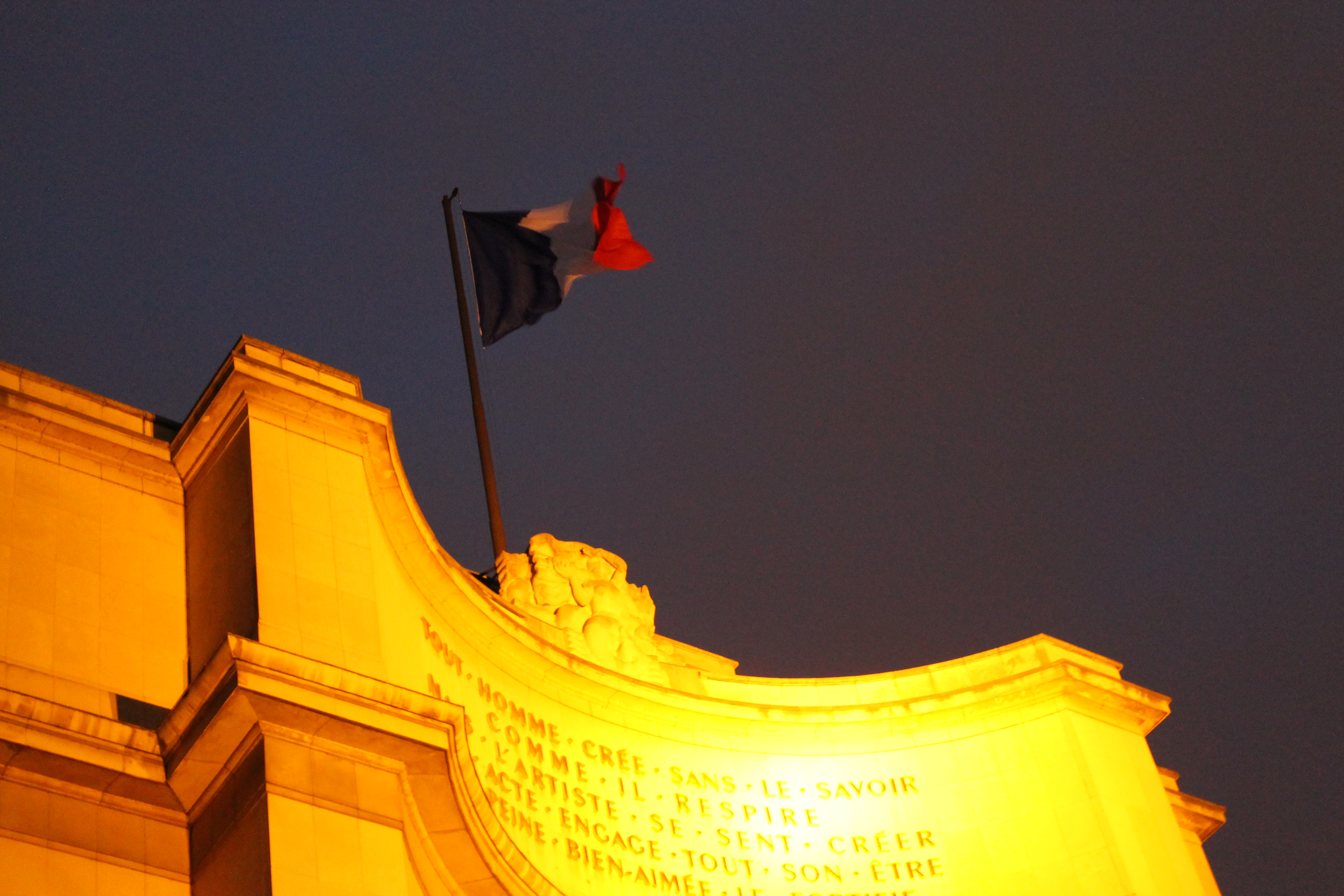Today, I grieve for the people of Paris. Over 120 citizens were murdered in terrorist attacks at several locations including a stadium, rock concert and restaurant. In July, I was walking past this same stadium with my Parisian friend Marjorie and my best friend Lav. It is close to Marjorie’s home in the neighborhood of St. Denis. Now, Marjorie and her family are told not to leave their homes or take public transit.

This isn’t the first time Paris has seen attacks. Last January, 12 people were killed in a terrorist attack on a satirical news publication called Charlie Hebdo. In both instances, I’ve seen friends, family and political figures take to social media to condemn these acts. They have changed their profile pictures to represent the French flag or switched their statuses to “Je suis Charlie.” I know it means much to the French people to see this support.

However, I also have friends from Nigeria. Around the time of the Charlie Hebdo attacks, another terrorist organization called Boko Haram razed a Nigerian village and murdered 2,000 people. My friends told me their family members were terrified to leave their homes. I waited for the Nigerian flags and proclaims of support from the international community. But the technological and global world was silent.

Around the time of the recent violence in Paris, the city of Beirut experienced the deadliest attacks Lebanon has faced since the civil war. I heard snippets from this tragedy. But mostly, silence.
I understand if we memorialize every tragedy in every corner of the world, we will be too depressed to get out of bed. However, I see larger factors at play in the selective power of grief.
Around this time, local politicians will start polarizing their residents against groups of people. Maybe it’s the immigrants. Maybe it’s the refugees. Maybe the black people. The brown people. The Syrians. The Muslims. They are foreign, radical, other. It has happened throughout history. It will happen again. It is why we saw genocide in Rwanda; it’s why the Romani people were murdered during the Holocaust. It’s why Japanese-Americans were interned during WWII. It’s what Hitler did to the Polish people, homosexuals and Jews. It is based on two concepts: fear and vengeance. This is the true terror. To be so afraid of terrorists, we let ourselves be swayed into hating people. We gladly give up certain rights for our safety, when that safety is a myth.
According to the World Health Organization, the leading cause of death around the world is Ischaemic heart disease. Second is stroke. Third is COPD, a type of lung disease.
As CNN reporter Fareed Zakaria wrote:“Since 9/11, foreign-inspired terrorism has claimed about two dozen lives in the United States. Meanwhile, more than 100,000 have been killed in gun homicides and more than 400,000 in motor-vehicle accidents.”

Around 32,727 people were killed by terrorism in 2014. Every day, 21,000 people die of hunger or hunger-related causes. The majority are children. It’s not from a shortage of food. It’s the entrapment of poverty.
I am not belittling terrorism or the attacks done in Paris, Beirut or Nigeria. However, on the world scale these issues are side effects of much larger problems including land and water disputes; lack of education and brainwashing; and polarization of people who are different from us.
If I can take one thing away from these attacks, it’s the idea that grief is selective. Some tragedies affect us more than others due to media coverage and what our friends are saying.
But justice for groups of people who are vulnerable cannot be selective.
Do not allow politicians to divide you against immigrants or refugees who need our help during this time. Do not ignore larger systemic problems of hunger or unfair trade structures that keep people in poverty.
Stand with Paris, but don’t forget Beirut. Denounce terrorism, but remember you’re 35,079 times more likely to die of heart disease. Do not fear or hate groups of people different than you. Forgiveness can be seen as a naïve concept, but it is what I’m trying to learn.
I read an article recently about hope, how we are called to stand on our little plots of ground — our congregations, offices, classrooms, factories, prisons and hospitals — and try to improve them. Not because of optimism or platitudes about world peace, but because we see a hint of something better.
“Our mission is to plant ourselves at the gates of Hope — not the prudent gates of Optimism, which are somewhat narrower; nor the stalwart, boring gates of Common Sense; nor the strident gates of Self-Righteousness, which creak on shrill and angry hinges ; nor the cheerful, flimsy garden gate of “Everything is gonna be all right.”
“But a different, sometimes lonely place… the piece of ground from which you see the world as it is and as it could be. And we stand there, telling people what we are seeing, asking people what they see.”
-Rev. Victoria Stafford in “The Small Work in the Great Work.”






Leave a Reply